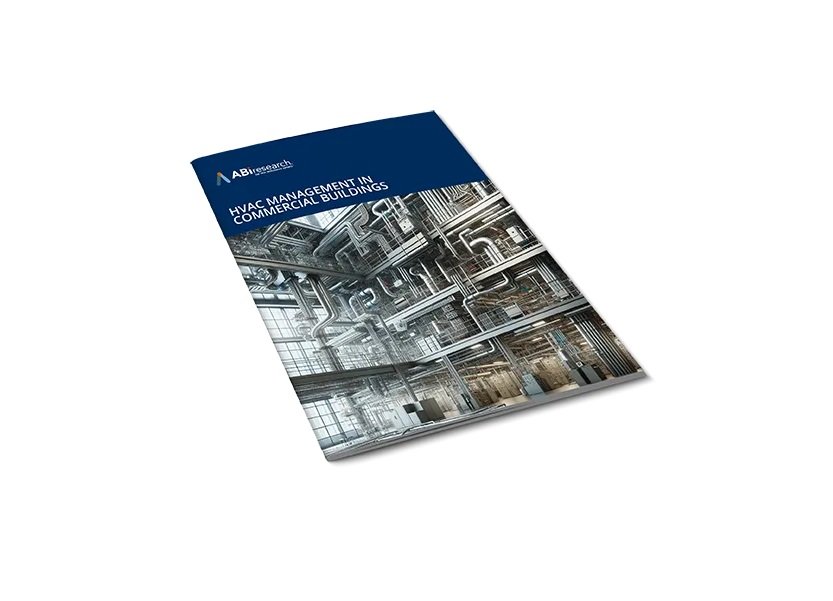The commercial HVAC industry is undergoing a significant transformation with the introduction of smart technologies that enhance convenience, control, and energy efficiency. According to
ABI Research’s report on HVAC Systems & Hardware in Commercial Buildings, part of its Smart Buildings research service, the market value of commercial HVAC systems is set to rise from $161 billion today to $354 billion by 2030, showcasing a compound annual growth rate (CAGR) of 11.9%.
Modern smart HVAC systems surpass traditional functionalities with dynamic adjustments based on factors such as ambient temperature, occupancy, and energy consumption, enabling proactive management and predictive maintenance. ABI Research senior analyst Rithika Thomas notes that by 2030, over 55% of HVAC systems will transition to wireless smart technology.
Globally, regulations stress the importance of efficient HVAC usage, sustainable refrigerants, and cost-effective energy practices. Leading companies like Bosch and Mitsubishi Electric are integrating artificial intelligence to deliver systems with greater energy efficiency and advanced control features. Building Automation System providers are actively collaborating with major market players to develop and deploy smart HVAC solutions.
HVAC systems account for up to 70% of energy consumption in commercial buildings, thus improving their energy efficiency through smart technologies supports the creation of a more sustainable and comfortable environment. The successful implementation of connected systems relies on upskilling building operators, marking a vital step toward a smarter era of HVAC that elevates comfort and savings.
